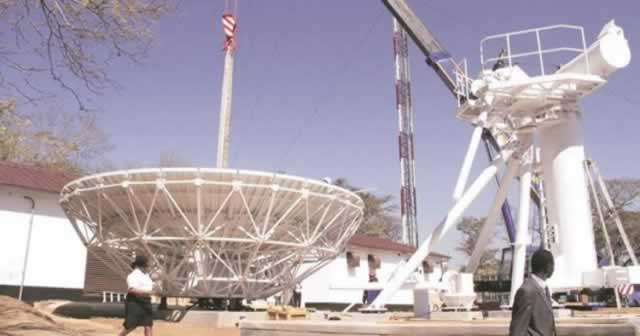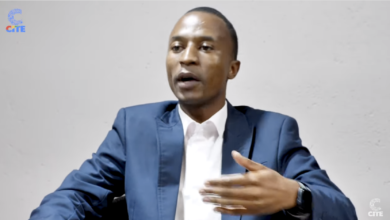Government struggles to complete digitisation programme

The cash-strapped government is struggling to complete the digitisation programme, which has missed deadline by two years, with plans now underway to separate the project’s budget from that one of its parent ministry so it gets the attention it deserves.
Digitisation of the broadcasting industry refers to migration from analogue to digital platforms which are more efficient.
The International Telecommunications Union (ITU) had set 17 June 2015 as the deadline for countries to have digitised their broadcasting sector, a deadline which Zimbabwe fell far short of meeting.
After setting for itself a fresh deadline of March 2016, Zimbabwe went on to miss it before pushing the completion of the exercise to mid-2017, which also was not to be.
Once completed, the programme, estimated at 40 percent now, would result in the creation of more frequencies to accommodate more television stations in the country, among other benefits.
The Government, seven years ago, rolled out the digitisation project to build new and upgrade existing base stations countrywide in a bid to improve access to information.
Having missed a number of deadlines, the project is now set to be completed by 2022.
Information, Publicity and Broadcasting Services Ministry, which is in charge of the project, requires US$480 million to complete it, while Treasury has given out US$21 760 000 expenditure ceiling in the upcoming 2020 budget.
With regards to digitisation it’s true that the project needs to be completed and what we have been promised by Treasury is just peanuts,” Information, Publicity and Broadcasting Services Minister, Monica Mutsvangwa, told legislators at a pre-budget seminar in Victoria Falls, last week.
“Plans are there to separate digitisation from the whole ministry’s budget so that it is given the seriousness it deserves.”
Broadcast journalism lecturer at a local institution, Clayton Moyo, said more money was needed and not necessarily a standalone budget to complete the long overdue programme.
“I am not sure if a standalone budget is even viable because we are dealing with limited resources,” Moyo told CITE.
“Digitisation is competing with health, with education and everything else and even with national defence and security. Everyone wants something from that pie.”
Moyo said it was regrettable that Zimbabwe has had a limited growth in the broadcasting sector, with failure to complete digitisation being partly to blame.
“We have had stunted growth in the sector for quite a while and one of the reasons brought up by the authorities particularly from the ministry of broadcasting is that we have limited bandwidth so we can’t accommodate more players,” said Moyo.
“For a while now they (authorities in the broadcasting sector) have been telling us that pretty soon digitisation is going to be complete and then we will have more channels of radio and television but that has not happened. What it means is that we will remain stuck with the limited number of media institutions that we have, in particular, in broadcasting, and that really badly impacts the growth of the sector.”
Media entrepreneur, John Masuku, said the slow pace in the digitisation programme was a serious cause for concern.
“The growth (of Zimbabwe’s broadcasting sector) is extremely slow considering that technology changes very fast,” bemoaned Masuku.
“By now appropriate equipment should be up and running to the viewers or listeners’ satisfaction but with the current snail pace speed when digitisation is eventually completed there may need to immediately upgrade already identified studios and transmitters.”
Masuku added: “The slow pace of the process will make the local broadcasting sector comparatively inferior, thus compromising on quality and attractiveness. Even confidence among those who are eager to invest or support content creation may be lost and take time to resuscitate.”
Media Institute of Southern Africa (MISA)-Zimbabwe chapter executive director, Tabani Moyo, said the issue of digitisation should be treated with the urgency it deserves.
“This is a critical area that we cannot afford to dillydally around,” Moyo told CITE.
“Remember the dividend that comes out of this digital migration process. We need to move with speed so that we gain that digital migration dividend, so that we can utilise it at an optimal level and ensure that we free space for new broadcasters. Remember we do not have a competitive television industry as it remains a state monopoly.”
He said it was high time the government accounted for what has been spent on the project since its inception in order to promote transparency.





